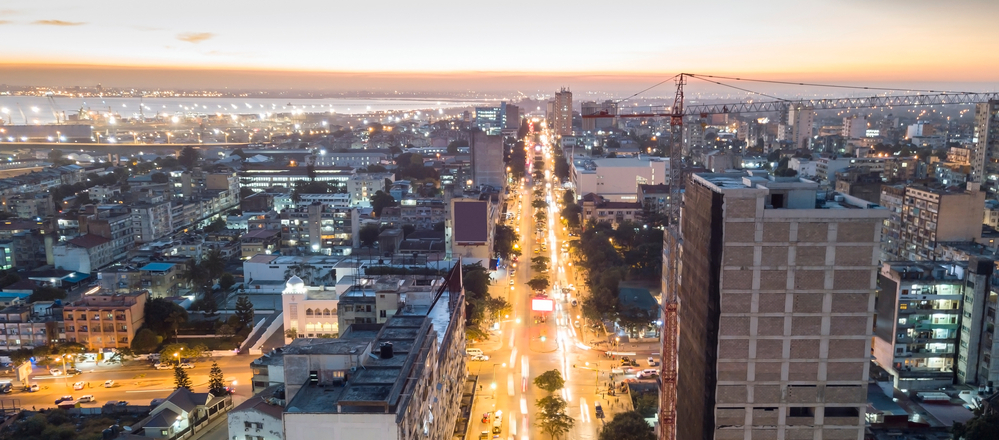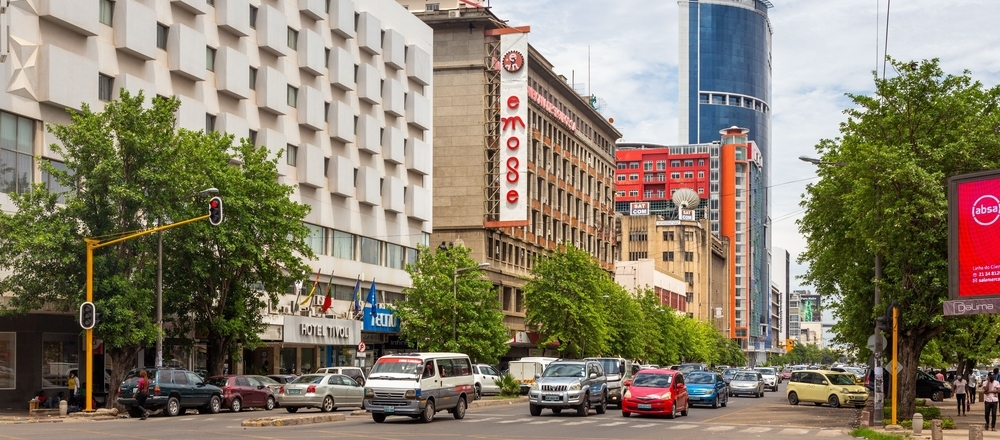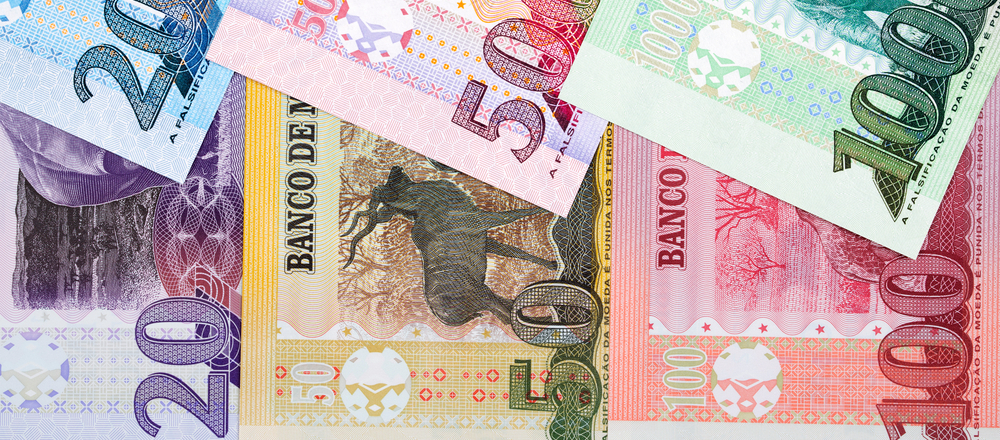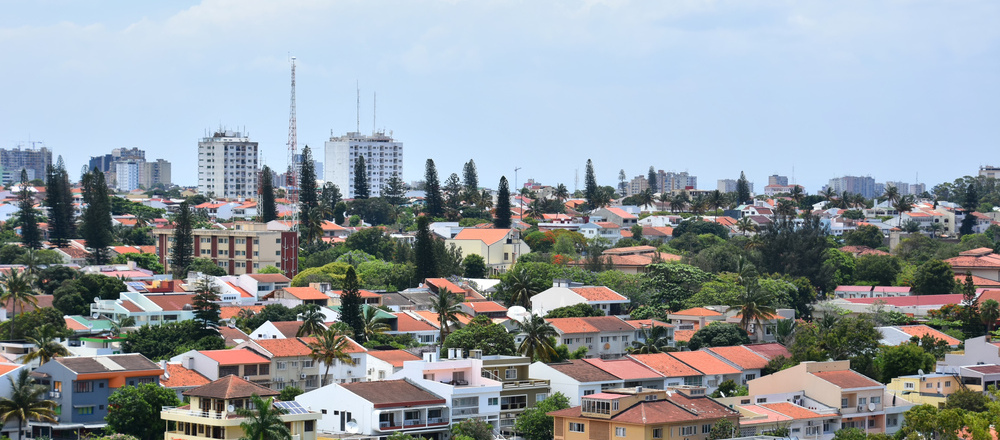Mozambique is a land of contrasts and a unique destination for expats. The pros of moving to this coastal country are well known – seemingly endless tropical beaches with warm ocean waters, friendly and welcoming people with fascinating cultures, and exceptional cuisine and hospitality. Conversely, Mozambique also contends with undeveloped infrastructure and services, corruption and widespread poverty.
Below are some primary pros and cons of moving to Mozambique as an expat.
Accommodation in Mozambique
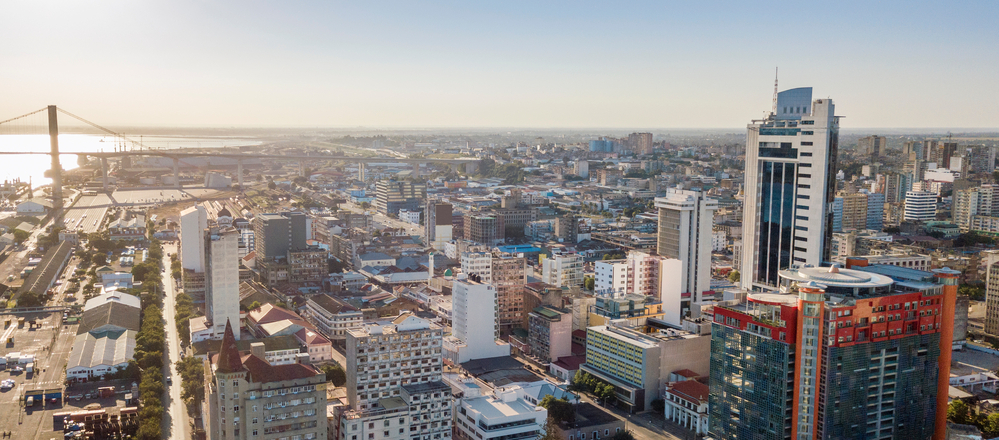
+ PRO: Spacious accommodation
Mozambican houses and apartments often have significantly more room than accommodation in Europe and the US. Standalone homes frequently boast large gardens and even swimming pools. You’ll find that Mozambican property offers excellent value for space, although you’ll need to budget for substantial deposits and potentially unreliable utilities that may require backup systems.
- CON: Shortage of good accommodation options
High-quality housing is in short supply. Expats from abroad may struggle to find housing that meets their standards in terms of luxury and utilities.
Renting Expat Accommodation in Mozambique
Lifestyle in Mozambique
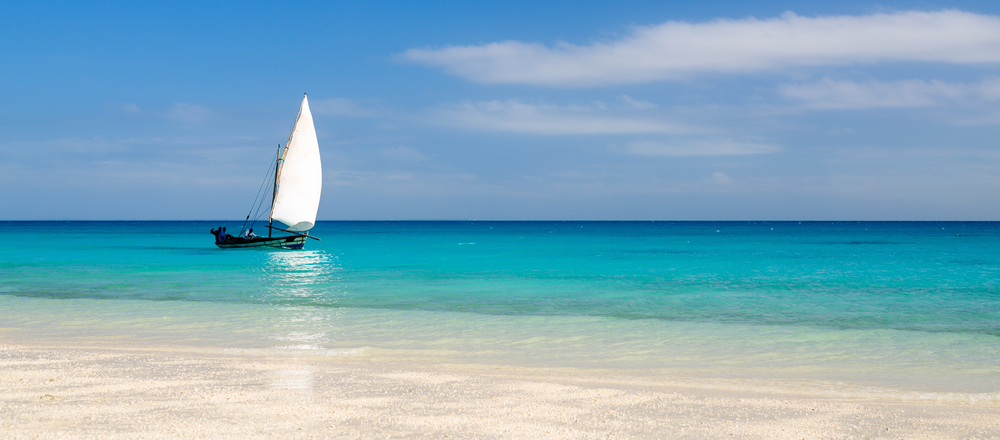
+ PRO: Welcoming people and culture
Mozambicans are friendly, welcoming and generous, and once expats have come to terms with the language and customs, they’ll find the locals quickly becoming their friends. Mozambican culture is hospitable and tolerant, and their lifestyle is generally easygoing. Mozambican food is a wonderful blend of African, Portuguese and Arabic influences.
- CON: Language barrier
Communicating with locals can be challenging, as English is not widely spoken in Mozambique, particularly outside of tourist areas. Portuguese is essential for daily life, from banking and shopping to dealing with bureaucratic processes. Learning key Portuguese phrases is necessary for successfully integrating and avoiding misunderstandings in professional and personal situations.
+ PRO: Raw beauty and spectacular coastline
Mozambique is blessed with a glorious coastline that is scattered with tropical beaches. The scuba diving is some of the best in the world, the game fishing is renowned. Limpopo National Park, adjacent to the Kruger National Park in South Africa, is also a popular attraction.
- CON: Stark poverty
Poverty is widespread and severe, with over 60 percent of the population living below the poverty line and in extreme poverty. It isn’t unusual for Mozambicans to live with very few amenities and no electricity or running water. Expats may experience culture shock if they are unused to life in such an underdeveloped country.
- CON: Health and safety risks
There is a significant risk of terrorism in the northeastern province of Cabo Delgado and in the northeasternmost districts of the neighbouring province of Nampula, where extremist attacks have been rising. Political unrest can flare up across the country, particularly in Maputo. Petty theft is common in some areas due to widespread inequality, and foreigners may be targeted for their perceived wealth.
Malaria is prevalent throughout Mozambique, and expats should take anti-malarial medication during their stay. Tap water is generally not safe to drink without treatment, and there are risks of waterborne diseases like bilharzia. Extensive international health insurance with medical evacuation coverage is vital, as local medical facilities cannot handle serious conditions or emergencies.
Safety in Mozambique
Healthcare in Mozambique
Cost of living in Mozambique
+ PRO: Low cost of living
Living cheaply in Mozambique is relatively easy – local produce like fruits, vegetables, and seafood tends to be affordable. Negotiating with vendors is commonplace and can further reduce the costs. You’ll need to factor in banking challenges and limited international financial services.
- CON: Luxuries and entertainment are pricey
Many imported products are expensive and hard to find in more rural areas. Entertainment, eating out, and activities, such as diving and boating, can be costly. Local transport via minibus and lorry taxis (chapas) is affordable, but you’ll likely need a private vehicle for convenience and safety, adding significantly to monthly expenses.
Education in Mozambique
- CON: Public education standards are low
Public education in Mozambique is free, although expats and locals who can afford it prefer to send their children to international or private schools.
+ PRO: Good international school options
For expat parents, there are several high-quality international schools available, mainly in Beira and Maputo. These offer curricula including American, British, and French systems, along with the International Baccalaureate. Early application is essential for beating the waiting lists, particularly for popular year groups.
Education and Schools in Mozambique
Local culture in Mozambique
- CON: Bureaucratic administration
Mozambique is run in a bureaucratic fashion. The proliferation of red tape can often result in inefficient public services and, in some cases, corruption. The work permit processes are complex and time consuming, and you’ll need extensive documentation and endless patience.
+ PRO: Diverse culture
Mozambican culture is vibrant, diverse, and welcoming. Influences from the Portuguese colonial era blend with local African culture to offer expats a range of experiences, from music and cuisine to nature and adventure. The social pace is relaxed, although you’ll find the distinct wet and dry seasons affect lifestyle patterns and social activities throughout the year.







